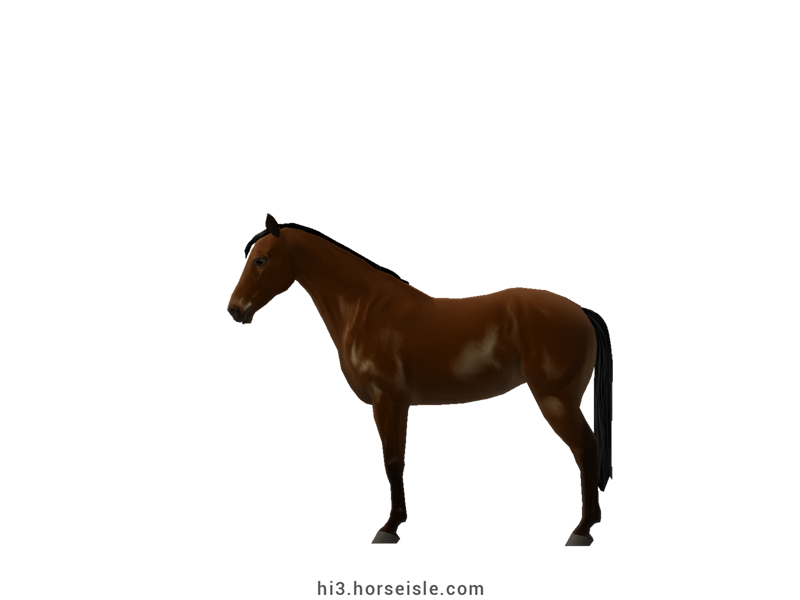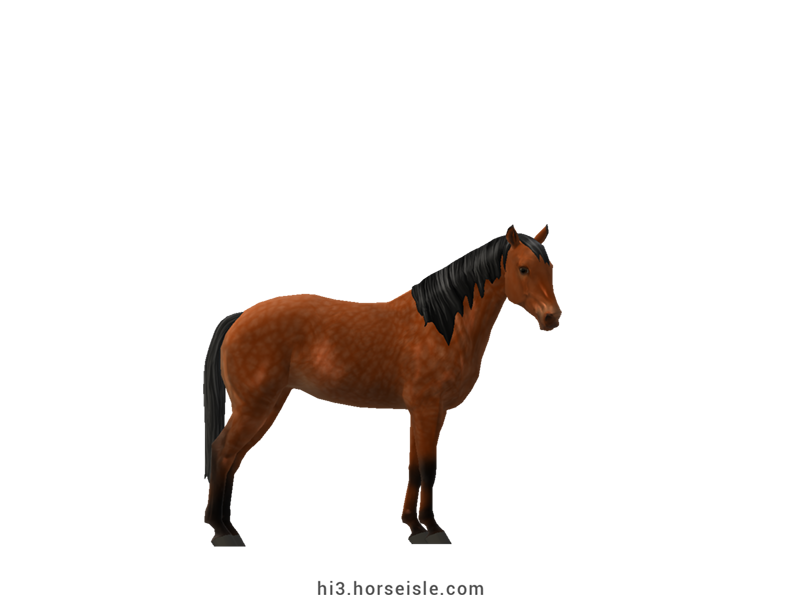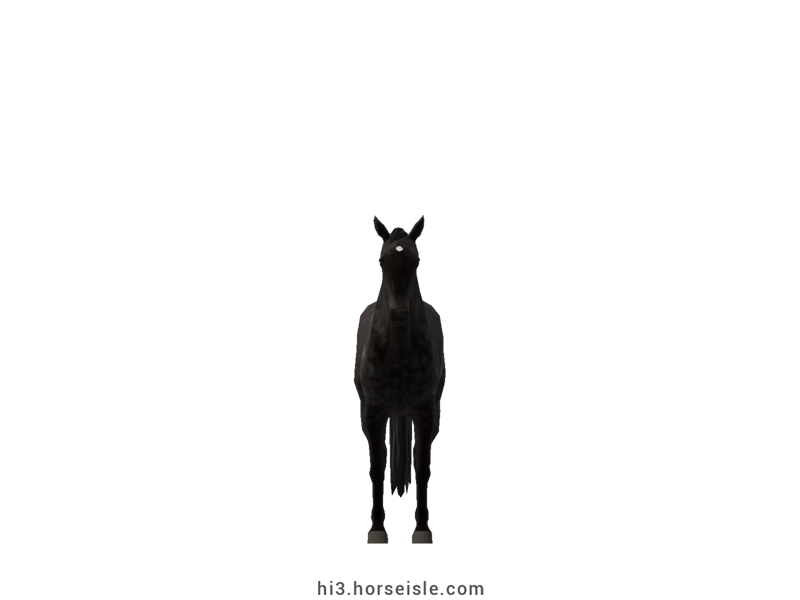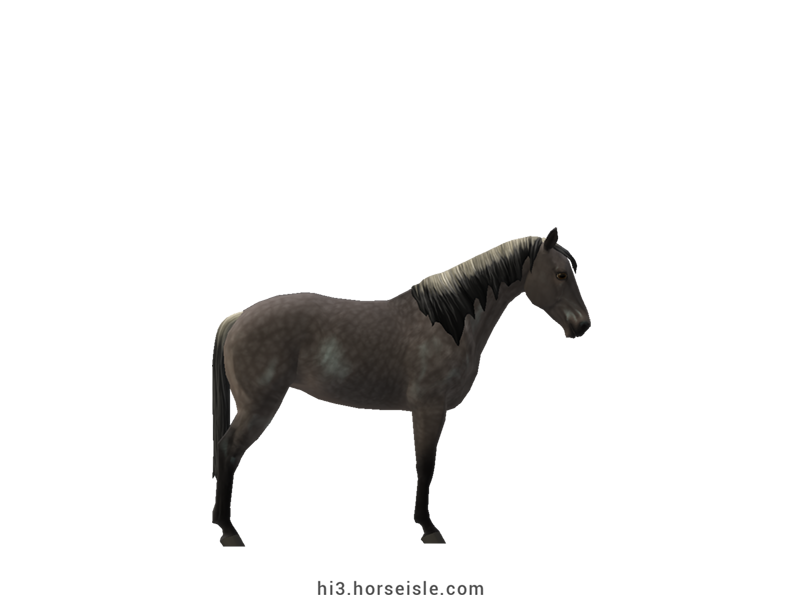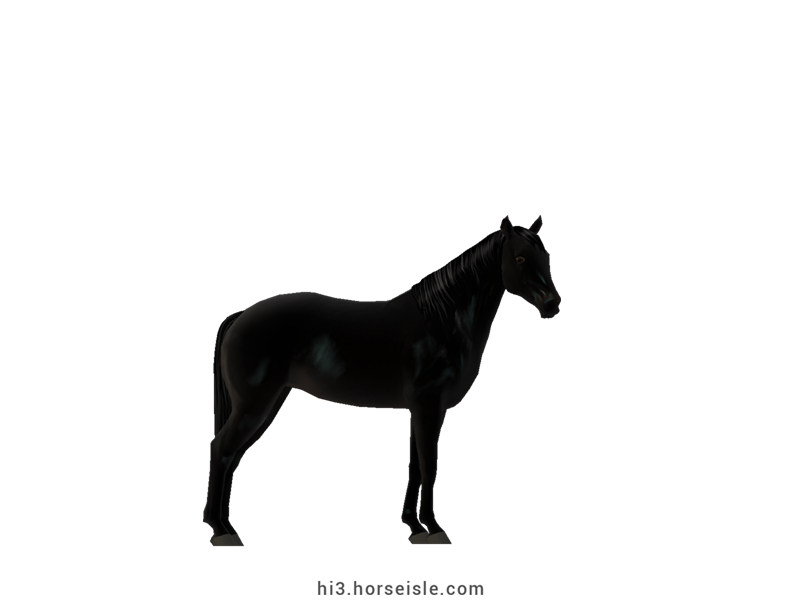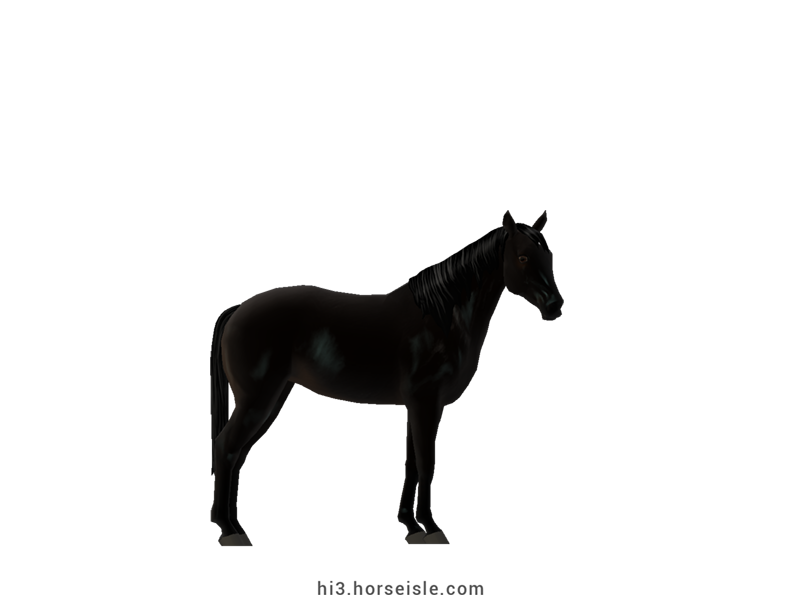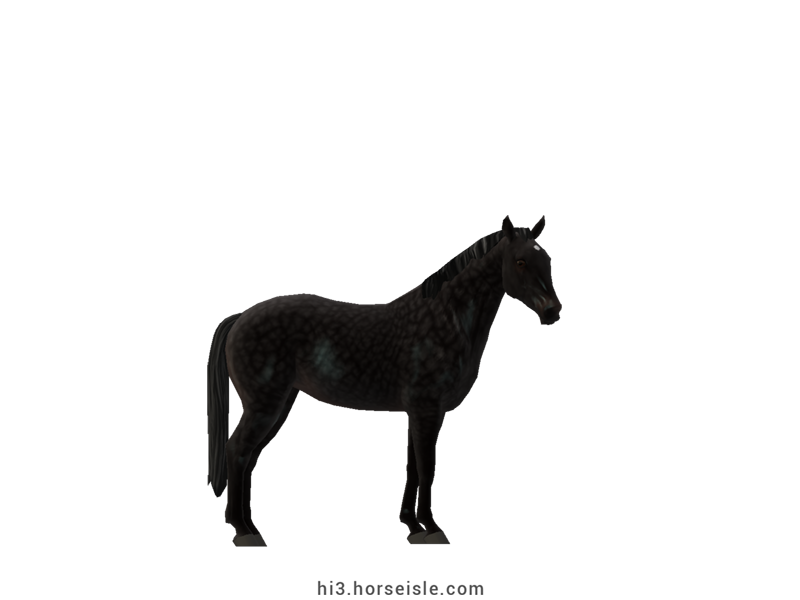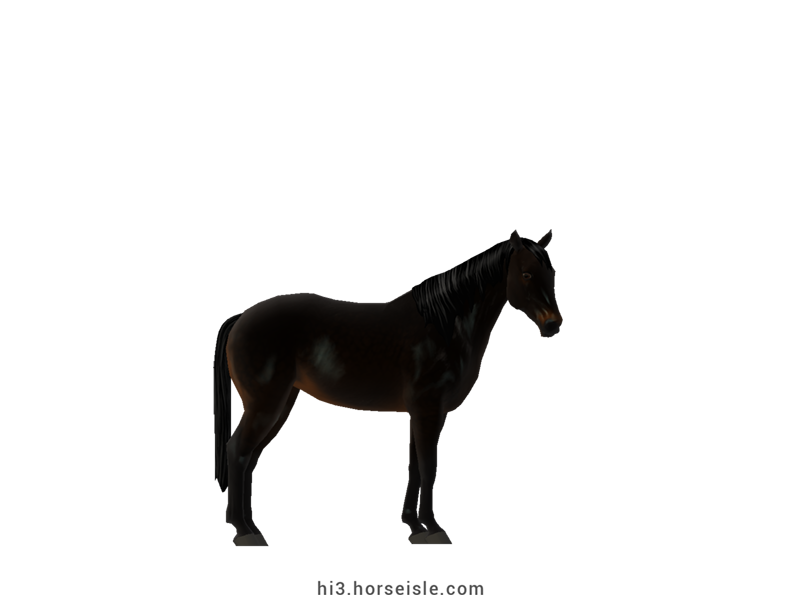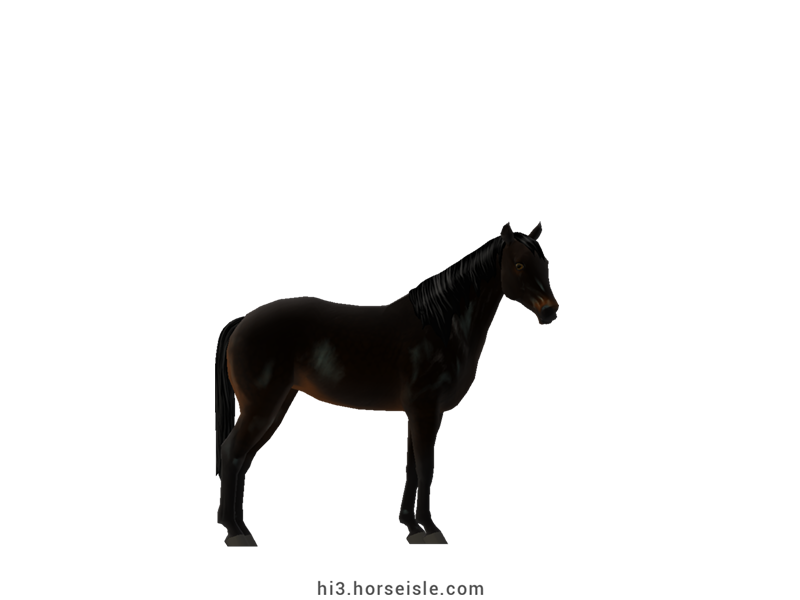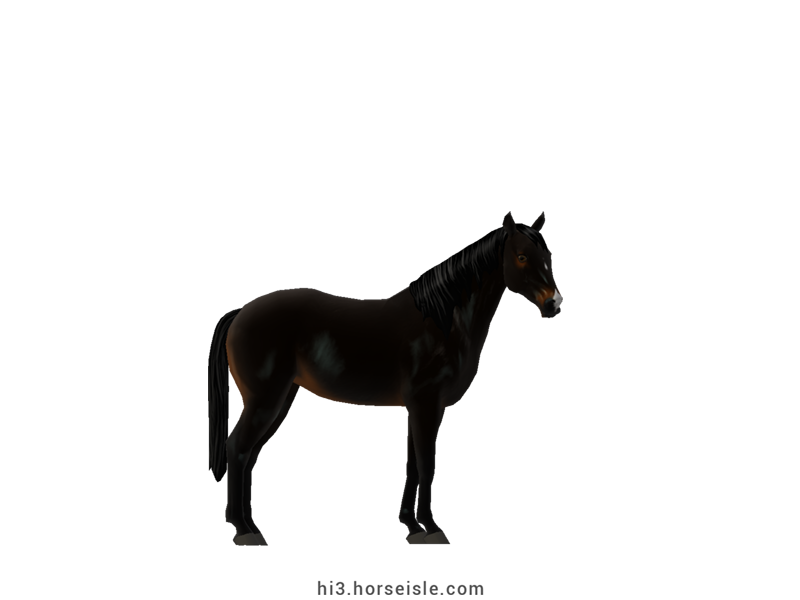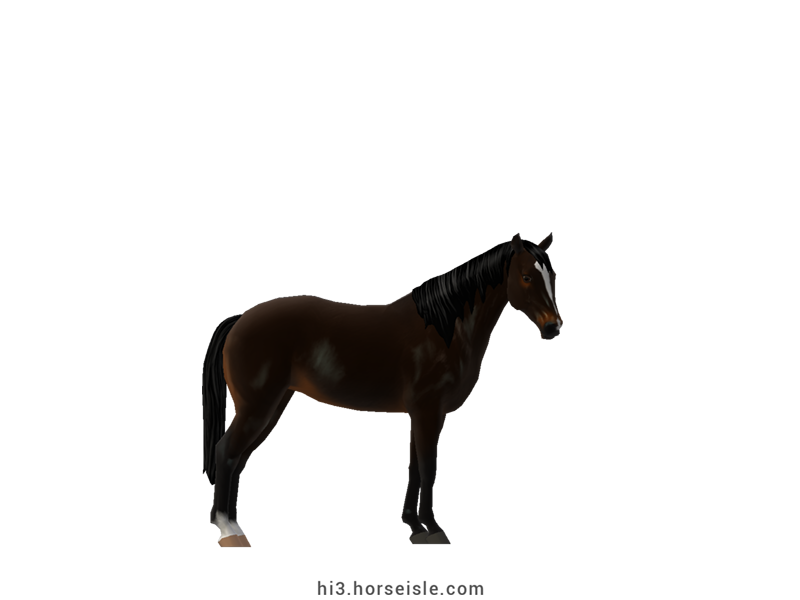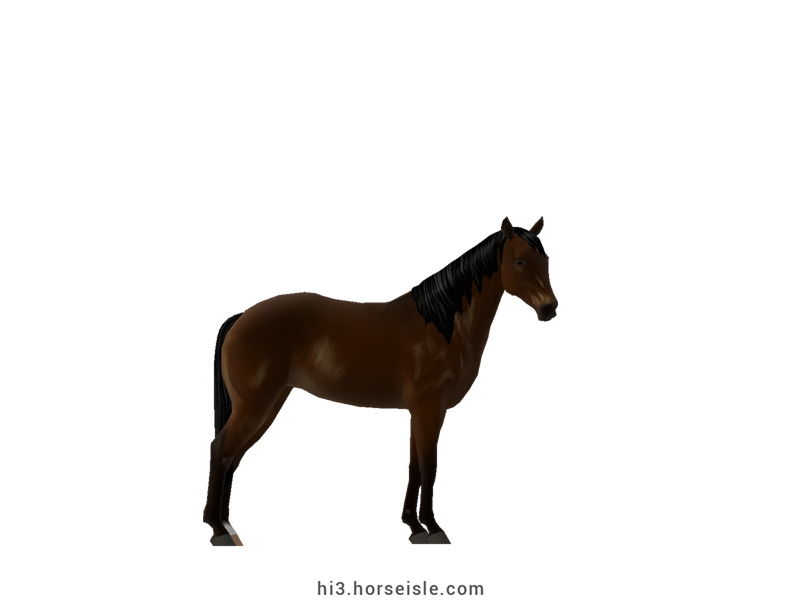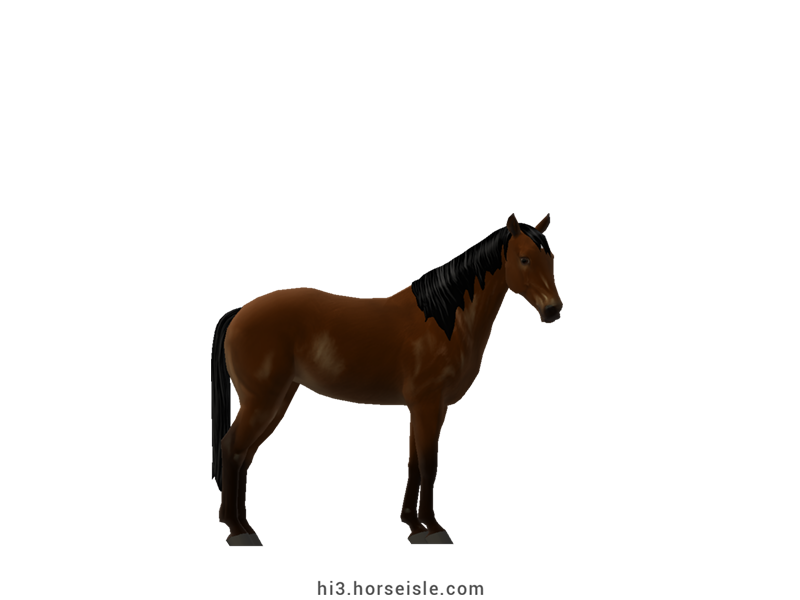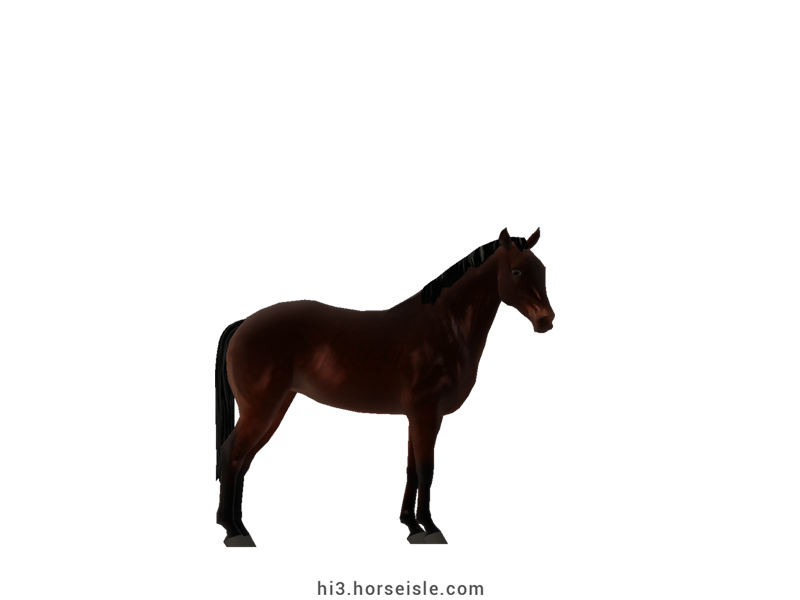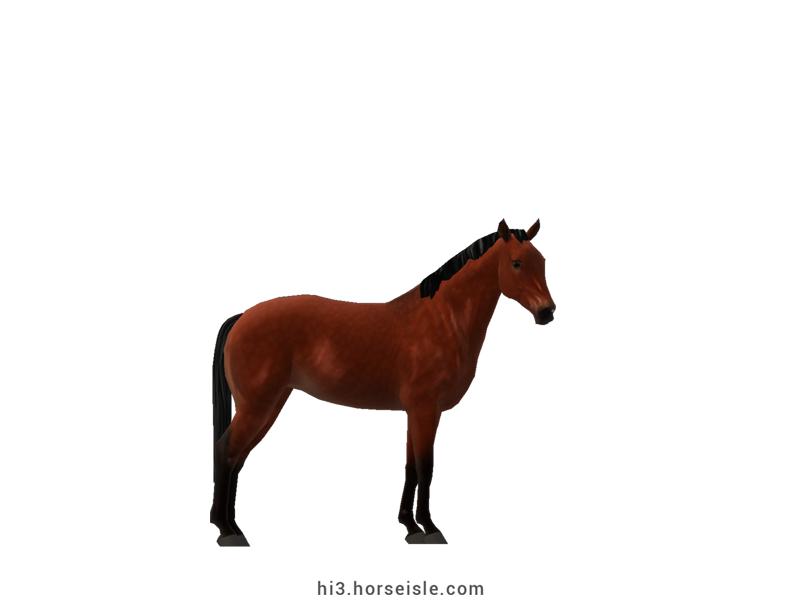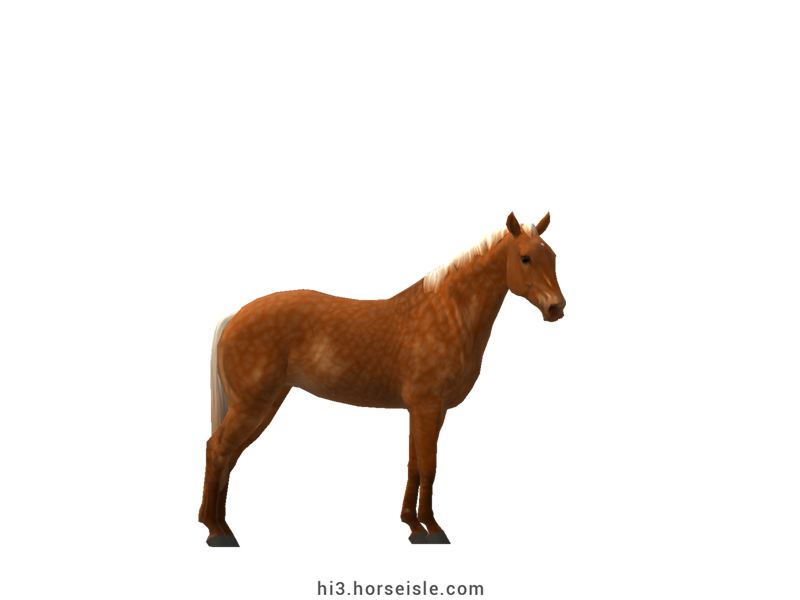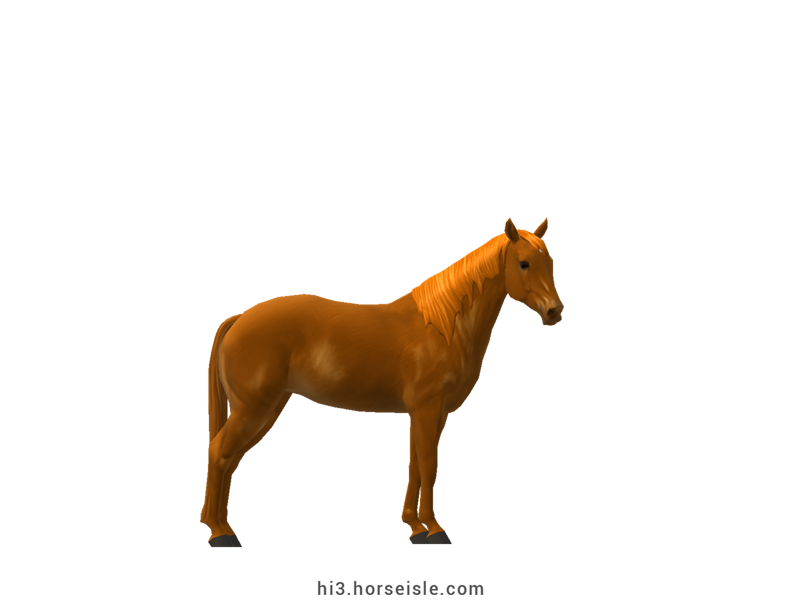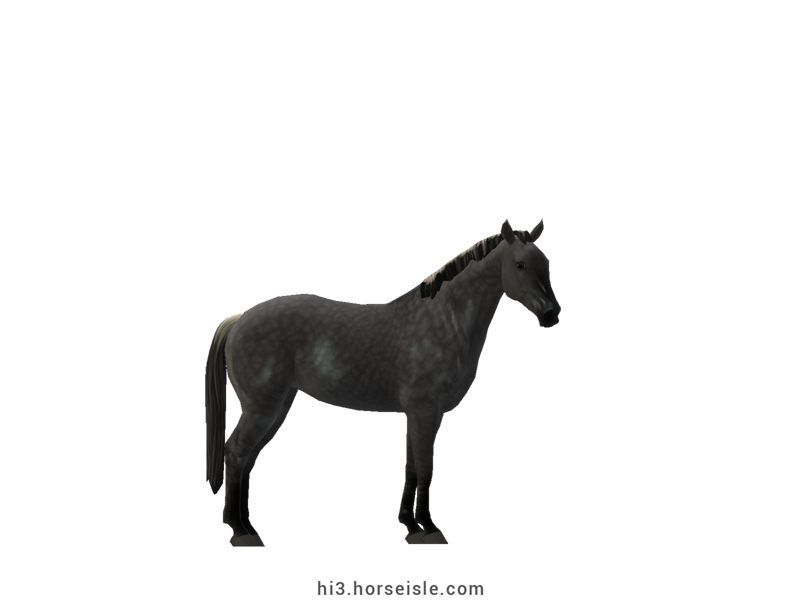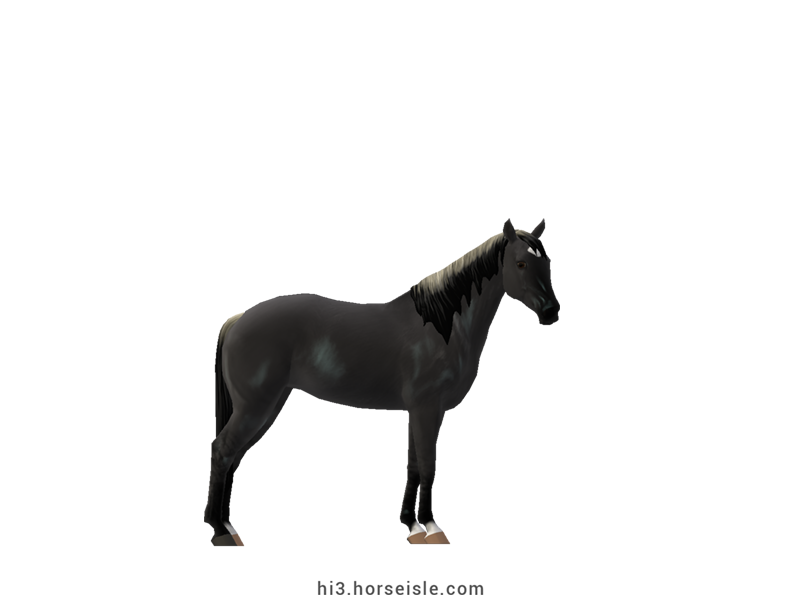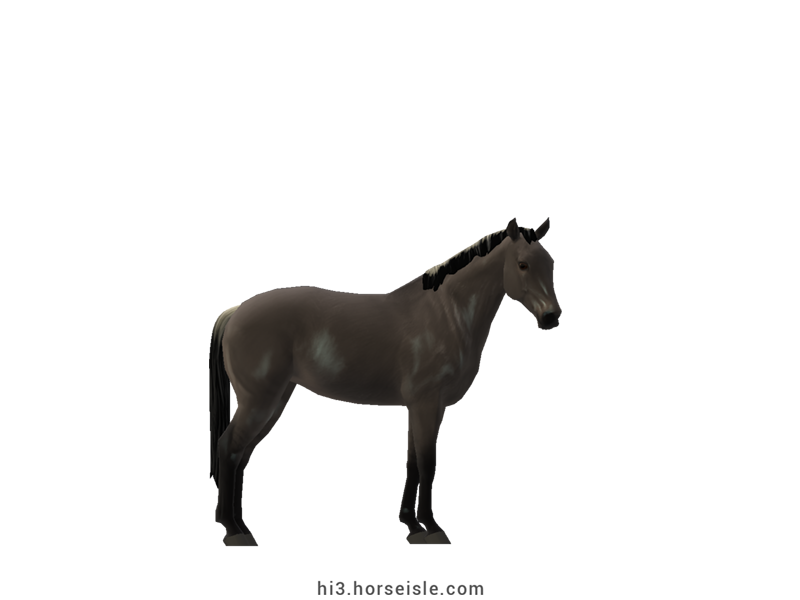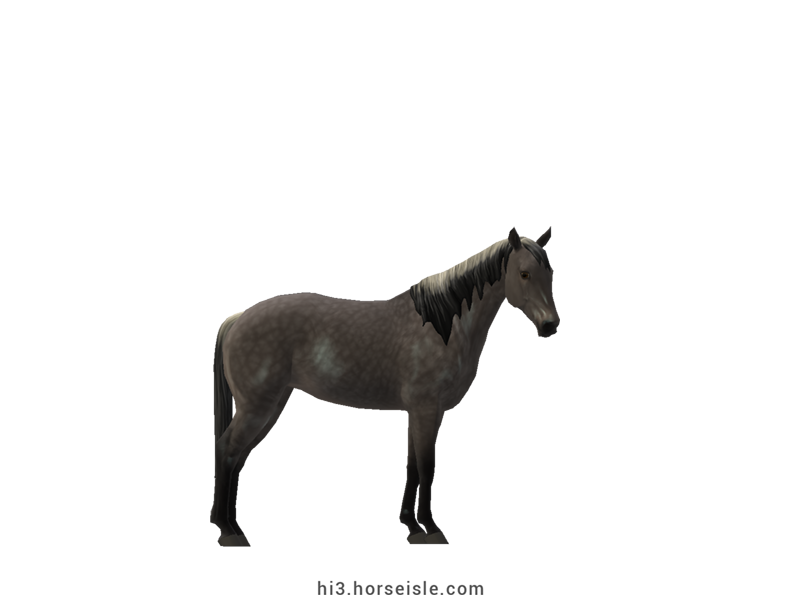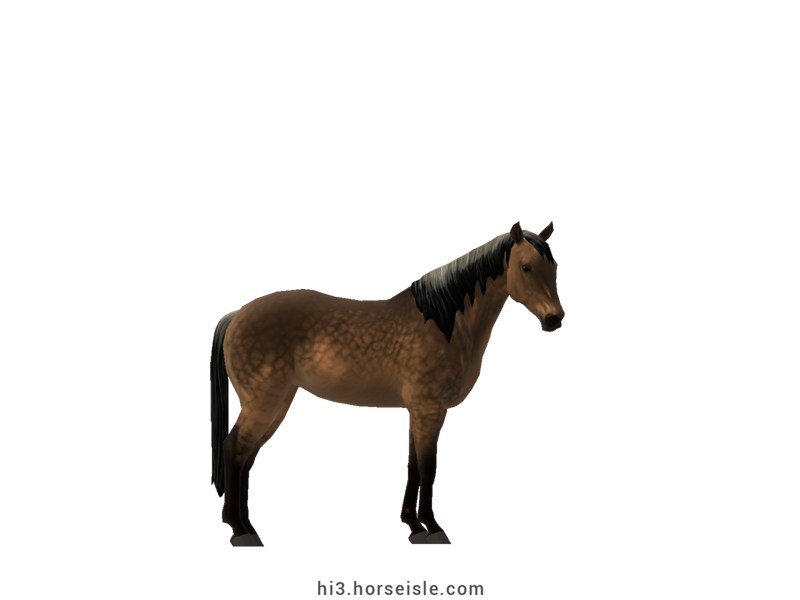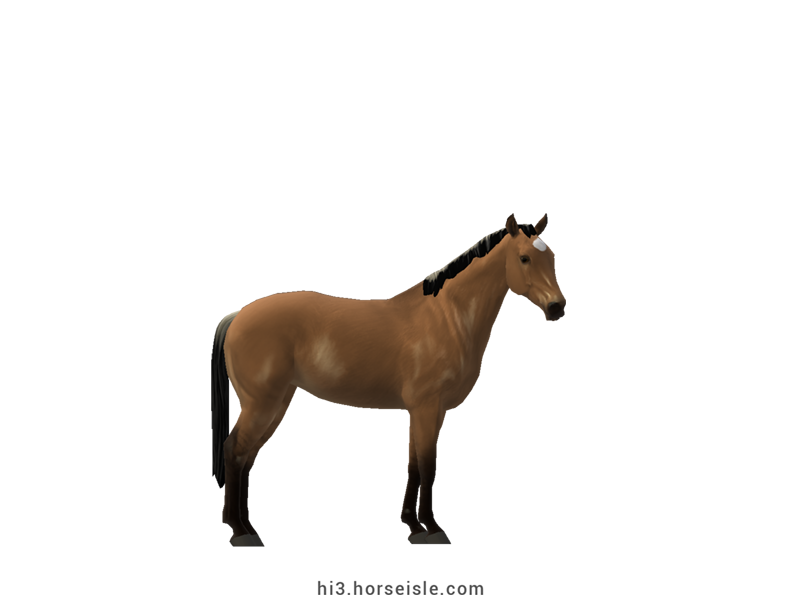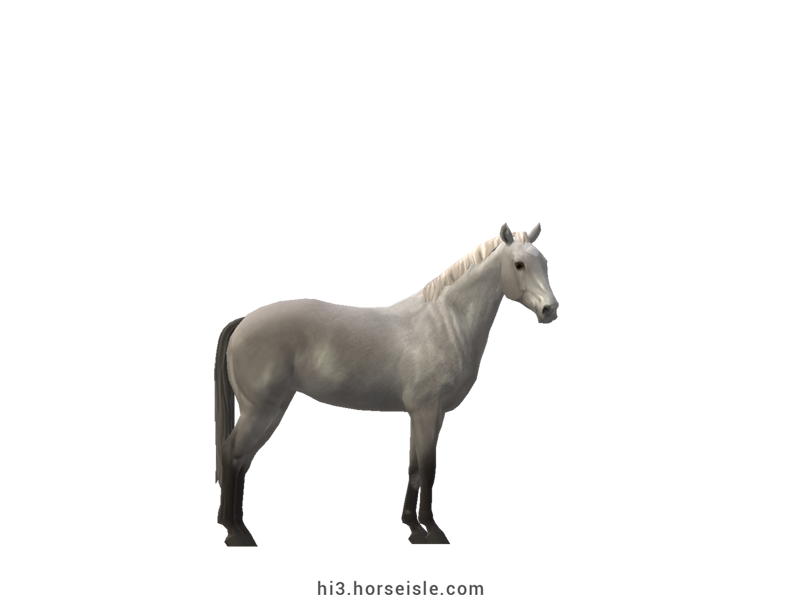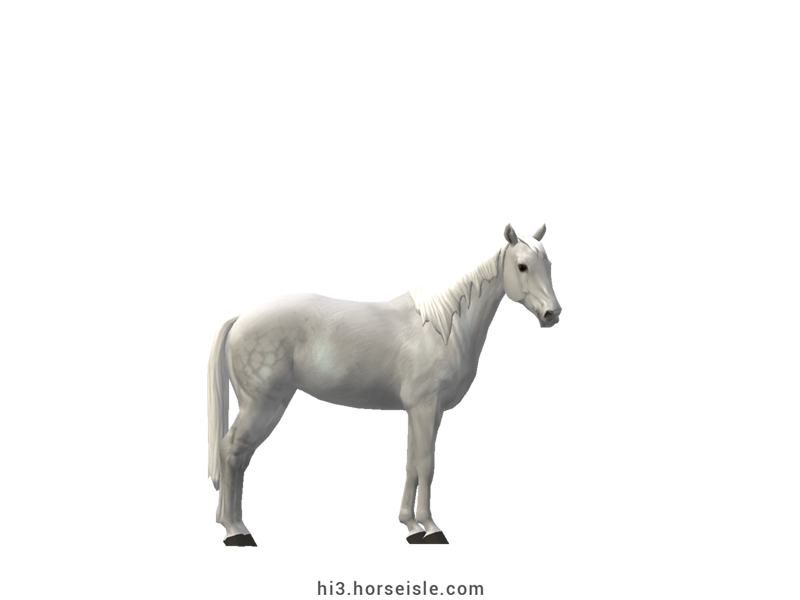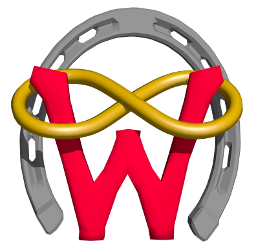Our Massive Real World Equine Reference!
[ INDEX ] Equine Type: Horse Breed: Arenberg-Nordkirchen [ PREV ] [ NEXT ]
The pony from the Westphalian Versaille:
Nordkirchen Castle, located in Westphalia, is famous for its beauty. It's an early 18th-century palace, built in a glorious, baroque style, which looks like a castle thanks to the water-filled moat that surrounds it, around which there are gardens that were designed after the French gardens in Versailles.
But there's one more reason why this place, known today as Westphalian Versaille, is unique. It was the birthplace of Germany's first-ever sport pony.
The original German sport pony:
In 1923, Nordkirchen Castle was owned by the Duke of Arenberg. Back at the time, it was the fashion among the German nobles who owned large estates to keep herds of horses grazing on their pastureland (e.g. see the 'Lehmkuhlener'). The Duke of Arenberg was no different, but he decided to take it a step forward.
The Duke picked Dulmen and Panje (a now-extinct breed similar to the Polish Konik) horses, and crossed them with lighter horses/ponies. The result was a new breed of pony: the Arenberg-Nordkirchen.
From the very beginning, the Arenberg-Nordkirchen was bred to be a light pony for riding and driving, and was known as "Sport- und Reitpony" (meaning sport pony.) This makes the Arenberg-Nordkirchen the first, and thus the oldest, native German sport pony.
The Arenberg-Nordkirchen and the German Riding Pony:
Although the numbers of the Arenberg-Nordkirchen were no larger than a couple dozen, this sport pony performed so well that in the 1960s some breeders selected Arenberg-Nordkirchens as breeding stock to create an even better sport pony breed: the German Riding Pony.
Meanwhile, in 1968, the Duke of Arenberg sold his herd to Mr. Orthmann who, during the 1970s, crossed the ponies with Welsh Ponies (a British breed.) However, in 1984, he deserted the breeding program and sold the remaining ponies to private breeders.
With no solidified breeding program, the Arenberg-Nordkirchen became a largely forgotten breed, so much so that many sources forget to mention the role it played in the creation of the famous German Riding Pony.
Preserving Germany's first sport pony:
Still, not everyone forgot about the Arenberg-Nordkirchen, starting with the few breeders who continued breeding these ponies in purity.
In addition, in recent years, the GEH (the German society for the conservation of old and endangered German breeds) began seeking German Riding Ponies whose lineage traces directly back to their Arenberg-Nordkirchen ancestors, as these can be used to further conserve the old bloodlines of the Arenberg-Nordkirchen breed.
The Arenberg-Nordkirchen today:
Today, there are only around twenty Arenberg-Nordkirchen ponies in existence, making the Arenberg-Nordkirchen one of the rarest breeds in the world. Efforts are made to save this breed, both in terms of promoting its breeding and in terms of promoting it as a reliable dressage and show-jumping partner for young riders.
Conformation:
The Arenberg-Nordkirchen has a light, rectangular head with a straight or slightly dished profile, a squarish muzzle, large eyes, and upright ears that can sometimes be slightly curved inwards.
The neck is muscular and connects high to prominent withers. The back is short, and the croup is rounded and lower than the withers. The chest is muscular, and the hooves are small but sturdy. The body is muscular but overall light.
The mane and tail are thin, but while the mane grows short or medium in length, the tail grows long. The legs are clear from feathering.
Performance metrics:
The following are the: range, average, (SD), and MOE of performance metrics of ordered Arenberg-Nordkirchens in Horse Isle (not bred ones). In rare cases,
Speed: 14.2-15.3, 14.8 (0.2), 0.04.
Sprint: 45-55, 50 (2), 0.47.
Accel: 0.99-1.16, 1.08 (0.04), 0.01.
Decel: 0.96-1.12, 1.04 (0.03), 0.01.
Jump: 5.15-5.44, 5.30 (0.06), 0.01.
Pull: 1.69-2.20, 1.91 (0.1), 0.02.
Turning: 54.74-66.57, 60.87 (2.64), 0.52.
Reverse: 2.5-3.1, 2.8 (0.1), 0.03.
Stamina: 43.65-47.75, 45.94 (0.88), 0.17.
Reaction: 0.77-0.86, 0.82 (0.02), 0.00.
Coats & Height:
Colors: usually black or brown, less often, bay or chestnut, and even more rarely, grey or dun.
Additionals: flaxen, linebacked, sooty, dark mane & tail. The coat is always solid but can have facial markings and small socks.
Height: 13hh to 13.3hh.
[ INDEX ] [ PREV ] [ NEXT ]

